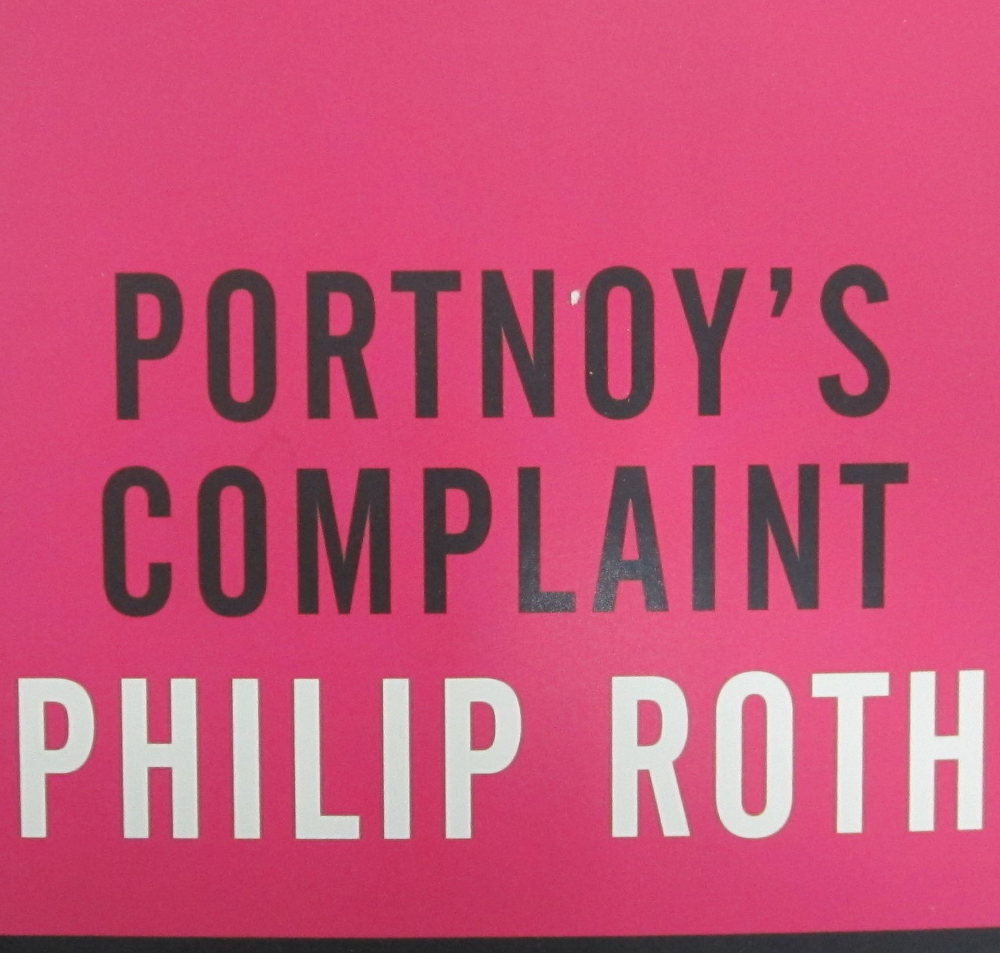When movie audiences the world over tittered and shrieked and guffawed over Ben Stiller’s bathroom masturbation scene in There’s Something About Mary (1998), it’s unlikely that many would have had Philip Roth’s 1969 novel Portnoy’s Complaint in mind. An obsessive youth, Portnoy is a compulsive onanist and his famously notorious episode involves making a mess of the family toothbrush rack and its contents.
Stiller, you’ll recall, has the worst bad hair day in film history when his efforts result in the home-made gel of which he is unaware sticking in his coiffure. His date, Cameron Diaz, later borrows some to control her own unruly hair. Bad taste in the movie, rather more nuance in the Roth novel. But in one of those oddities, There’s Something About Mary better depicts the bathos of Roth’s writing than does the 1972 film based on his book.
Portnoy’s Complaint has dogged Roth in the popular media and imagination despite a subsequent slew of remarkable novels. In 2006, then 73, Roth showed in Everyman that he’d lost none of his acerbity and awareness of sex as prime driver:
“Models didn’t all have to be needle thin in those days, and even before he spotted her by her glide and saw the sheaf of golden hair down her back, he identified her as his very own treasure, the white hunter’s prize, by the weight of her breasts inside her blouse and the light heft of the behind whose little hole had come to afford them so much delight … This wasn’t ravishing the secretary on the office floor. This was the raw supremacy of her creatureliness over his instinct for survival, itself a force to be reckoned with.”
Misogynist? Sexual supremacist? Dirty old man? Roth has been called all these, his critics conflating the author with the person. In the down-and-dirty, outright-filthy stakes, however, Roth is an amateur to the master, William Shakespeare.
Shakespearian scholar Pauline Kiernan published a slim and unputdownable monograph on this aspect of the Bard: Filthy Shakespeare, subtitled Shakespeare’s Most Outrageous Sexual Puns (Quercus, 2006). She begins by explaining the meaning of his surname and name: “His name meant Wanker – to shake one’s spear. His Christian name was a pun on prick, cunt and sexual desire.”

No blushing undergrad in the groves of academe, Kiernan is robustly Elizabethan in what follows. Her chapter headings are direct, anatomical and comprehensive, from Prick and Cunt to Boobs and Balls, Buggery to Wanking, Cunnilingus to Fellatio, with among others Impotence, Pimps and Virginity all accorded their own chapters.
Each chapter entry introduces and contextualises an extract from Shakespeare’s plays or poems, then gives the text a translation so that the reader understands the hidden innuendos and bawdy bits, a glossary defining the rude senses of innocent seeming words and a summary of the extract’s function in the play as a whole. It’s a serious bit of scholarship, but rarely can something so salty have emerged from an ivory tower.
A less academic exercise has been going on for years, courtesy of the Literary Review: the Bad Sex in Fiction prize. Realising that writing about sex can’t all be limb-shudderingly embarrassing, the Literary Hub this year began the Tournament of Literary Sex Writing (a terrible name for a worthwhile and exciting endeavour).
Vastly ambitious, the tournament divided entries into texts produced before James Joyce’s Ulysses (1922); texts from 1922 to 1955, the year Vladimir Nabokov published Lolita; 1955 to 1980 texts; and those from 1980 to the present.
The winner turned out to be James Baldwin for a passage from his 1956 novel Giovanni’s Room. Runner-up was Jeanette Winterson for a text from Written on the Body. Both are notable for their sense and sensitivity. No reductive coupling and gyrating, but rather an acute awareness of what it means to conduct a dialogue of the body that can transcend the physical.
Baldwin’s words are: “Joey raised his head as I lowered mine and we kissed, as it were, by accident. Then, for the first time in my life, I was really aware of another person’s body, of another person’s smell. We had our arms around each other.
“To remember it so clearly, so painfully tonight tells me that I have never for an instant truly forgotten it. I feel in myself now a faint, a dreadful stirring of what so overwhelmingly stirred in me then, great thirsty heat, and trembling, and tenderness so painful I thought my heart would burst. But out of this astounding, intolerable pain came joy; we gave each other joy that night. It seemed, then, that a lifetime would not be long enough for me to act with Joey the act of love.”
Winterson’s words are: “ … she smells of the sea. She smells of rock pools when I was a child. She keeps a starfish in there. I crouch down to taste the salt, to run my fingers around the rim. She opens and shuts like a sea anemone. She’s refilled each day with fresh tides of longing.”
From Roth’s bathroom habitué to Winterson’s sea lover, so-called literary sex is an ocean of possibility, and very often writers have just the words to plumb its depths.